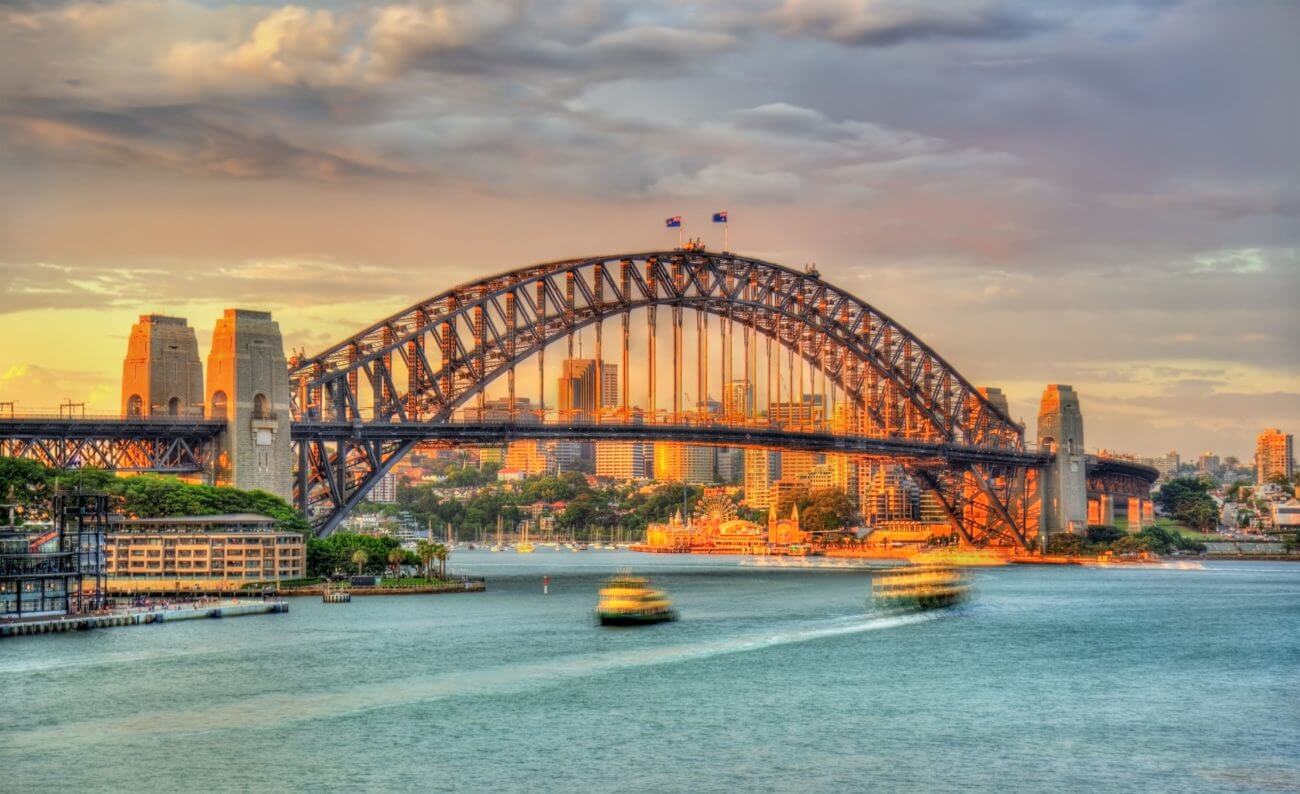Australian Government Pledges Measly $100K Towards Blockchain Development

Why does Australia think $100,000 will do anything for further blockchain development in the country? | Source: Shutterstock
Australia’s Karen Andrews of the Ministry for Industry, Science and Technology is pledging $100,000 towards furthering blockchain development. In a press release , Andrews says her department will put the money towards “regulation, skills and capacity building, and international competitiveness and collaboration.”
It’s a solid step forward in the nation’s fight to become a global blockchain leader. Unfortunately, the funds are significantly lower than previous offers like one billion AUD towards IBM’s blockchain developments for Australia’s government. The move leads enthusiasts to question what impact such a tiny sum could really have.
Australian Blockchain Adoption Has Moved Ahead
Blockchain’s popularity is growing heavily in Australia. Last December, the city of Fremantle launched a pilot program enabling residents to trade power on a blockchain-based platform developed by Power Ledger. Logistics insurance company NTI also announced the launch of a blockchain-powered end-to-end supply chain tracking system.
Previously, the Commonwealth Bank of Australia and the Commonwealth Scientific and Industrial Research Organization (CSIRO) trialed a proof-of-concept program suggesting that blockchain-based “smart money” could best disburse social benefits to people living with disabilities. Regardless of the action occurring within the space, Australia’s government and financial institutions like the Reserve Bank of Australia have been slow in accepting blockchain beyond its capabilities surround crypto.
What is $100,000 Supposed to Do?
$100,000 is a small amount, especially when placed against sums like the $10.8 billion JP Morgan is pledging towards the development of new technologies in 2019, predominantly blockchain. Australia is the world’s 14th largest economy , with a nominal GDP of $1,500,000,000,000. However, $100,000 is just enough to pay the annual wages of two full-time civil servants.

Australia has a history of placing technology last on its priority list despite its stance as a wealthy and developed nation. Internet speeds, for instance, regularly shift from tolerable to unusable . Australia boasts a solid, tech-enhanced service sector, but chooses to focus largely on secondary ventures like metal and coal mining . The country’s lack of investment in fiber optic cable infrastructure has resulted in several million Australians being dependent on satellite connections. This makes everyday activities like video streaming very difficult.
A Few Strands of Data
The press release is relatively light on detail. However, it does mention that the Ministry hopes Australian companies will “join Austrade’s Mission to Consensus in New York in May,” which it calls a “landmark event for the blockchain industry.” It also states:
“We will work closely with blockchain and technology experts from industry and academia to develop the strategy, as well as with CSIRO’s Data61 to incorporate findings from their forthcoming future scenarios report on blockchain.”
Australia’s Government Should Not Play Catch Up
It would seem Australian’s idea of a “landmark” for the country’s blockchain industry is for a number of companies to attend the world’s biggest blockchain event using government funding. This apparently proves that the administration is committed to the growth of blockchain adoption in the country. To put it bluntly, it showcases the government’s blockchain strategy as stuck somewhere between inadequate and laughable.
The blockchain can disrupt everything from conventional fiat money to how food is made and tracked in conjunction with an IoT supply chain tracking solution. Private Australian businesses and individuals are already exploring this potential for themselves. It could be anything from embarrassing to disastrous for the government of such an important country to be effectively left out of the loop regarding what could be among the biggest social and technological revolutions in a century.
Images courtesy of Shuttershock